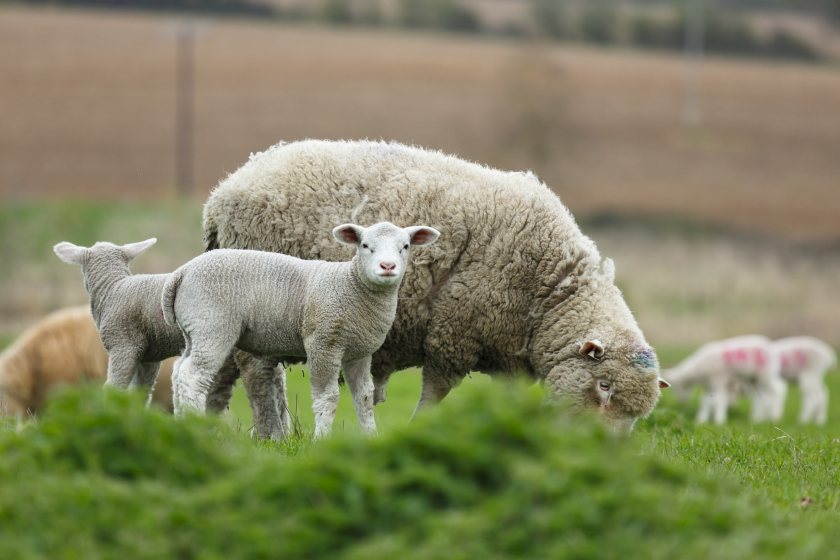Bluetongue zone expanded: Movement restrictions lifted across England

Livestock movement restrictions will be scrapped across England as the entire country is brought into a single bluetongue virus restricted zone.
Defra has confirmed that the major shift in the disease control strategy will commence from 1 July, meaning livestock movement restrictions will be scrapped.
This change will allow farmers to transport cattle, sheep, ruminants and camelids across England without the need for movement testing.
Bluetongue virus serotype 3 (BTV-3), transmitted primarily via midge bites, affects a range of species including cattle, sheep, goats, deer, and camelids such as llamas and alpacas.
Since its detection in September 2024, Defra said that most cases have presented with only mild symptoms, with animals generally recovering well.
It stated that the geographic spread of BTV across England has reached a point where movement controls are no longer a proportionate or effective disease management strategy.
The department's decision to extend the restricted zone follows extensive consultation with both the farming industry and scientific experts.
However, it confirmed that restrictions on freezing germinal products will remain in place within the restricted zone.
UK Chief Veterinary Officer Christine Middlemiss said: “Through movement controls we have slowed the westerly spread of bluetongue until vaccines are available.
"We are now moving away from government-imposed movement controls which are costly and disruptive to farming, particularly those within the zones.
"An all-England restriction zone will allow livestock farmers currently impacted by burdensome restrictions to be on equal footing with rest of England."
Vaccines for BTV-3 are now available, and livestock keepers are being urged to consult their private vets regarding vaccination, which is regarded as the most effective method of protection.
Ms Middlemiss added: "We encourage all farmers and keepers to discuss the use of vaccines to protect their herds and flocks with their private vet as this is the most effective way of protecting susceptible species.”
She also reminded livestock keepers that bluetongue can present with symptoms similar to foot-and-mouth disease and urged vigilance and prompt reporting of any suspected cases.
Bluetongue is a notifiable disease, and all suspected cases must be reported immediately.








